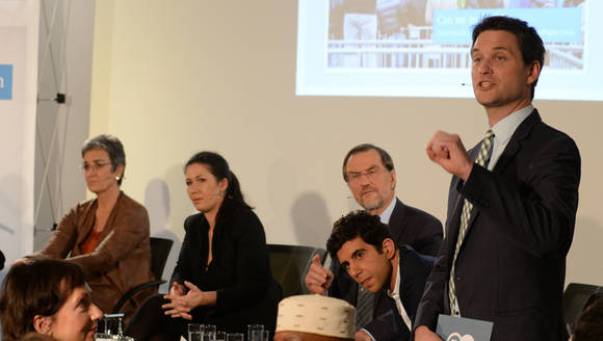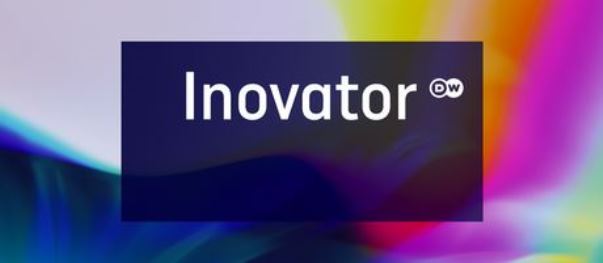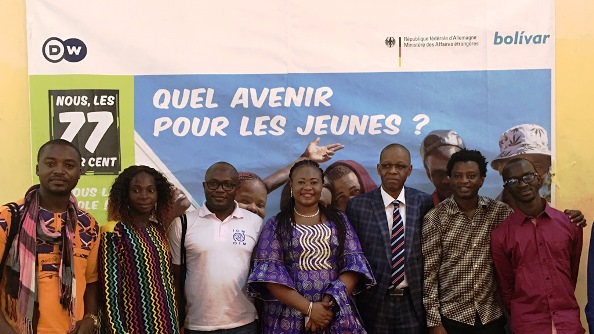DW provides a balanced perspective on the refugee crisis
The continuing influx of refugees into Europe has presented a divisive challenge to the EU, with discussions of entry quotas, border controls, blame and shame scattered across newspapers, websites and nightly broadcasts all over the continent. Germany and its refugee policy have been placed in the heart of the storm.
Recently in Brussels at the Representation of North Rhine-Westphalia to the European Union, DW hosted a panel discussion, “Can we make it? The impact of the media on Europe’s refugee crisis.” Experts, politicians and journalists explored how the ongoing refugee crisis in Europe is challenging the EU and what role the media plays.
The discussion was attended by around 200 people and presented unique and valuable perspectives from European politics and media.
Ulrike Lunacek, a European Parliament Vice-President from Austria, addressed the issue from the perspective of EU politics, saying that the refugee situation itself didn’t constitute a crisis, but rather lack of political will in the EU.
A plurality of ideas from different European media at the discussion showed that the portrayal of the refugee crisis differs from country to country. Jaafar Abdul Karim, the host of DW’s Arabic talk show Shabab Talk, pointed out that it was important for the media to get the point of view of refugees, rather than only reporting about them. Karim has produced a series of video blogs for DW and Spiegel Online where he frequently speaks with refugees. French journalist Adeline Percept said that French media differs from Germany, with reporting that tends to be “one-sided.” The Polish journalist Piotr Jendroszczyk said that the media in each EU member state was depicting a “different reality” of the refugee situation.
As Germany’s representative in the international media landscape, DW has an important role in explaining and clarifying the complicated implications of the refugee crisis, along with providing hard news reports of developing situations at borders and in refugee centers.
DW has even gone a step-further and provided an online guide to Germany for refugees in Arabic, Dari, Pashtu, Urdu, English and German. The website explains everything from visa and housing regulations to adapting to cultural norms and learning the language. As more refugees continue to arrive in Germany and the humanitarian challenges are addressed, the political discussion continues.
Whatever reality is chosen to be portrayed, the refugees are continuing to arrive and the EU continues to face a great challenge.
An edited version of the discussion will be aired December 15 on DW.







